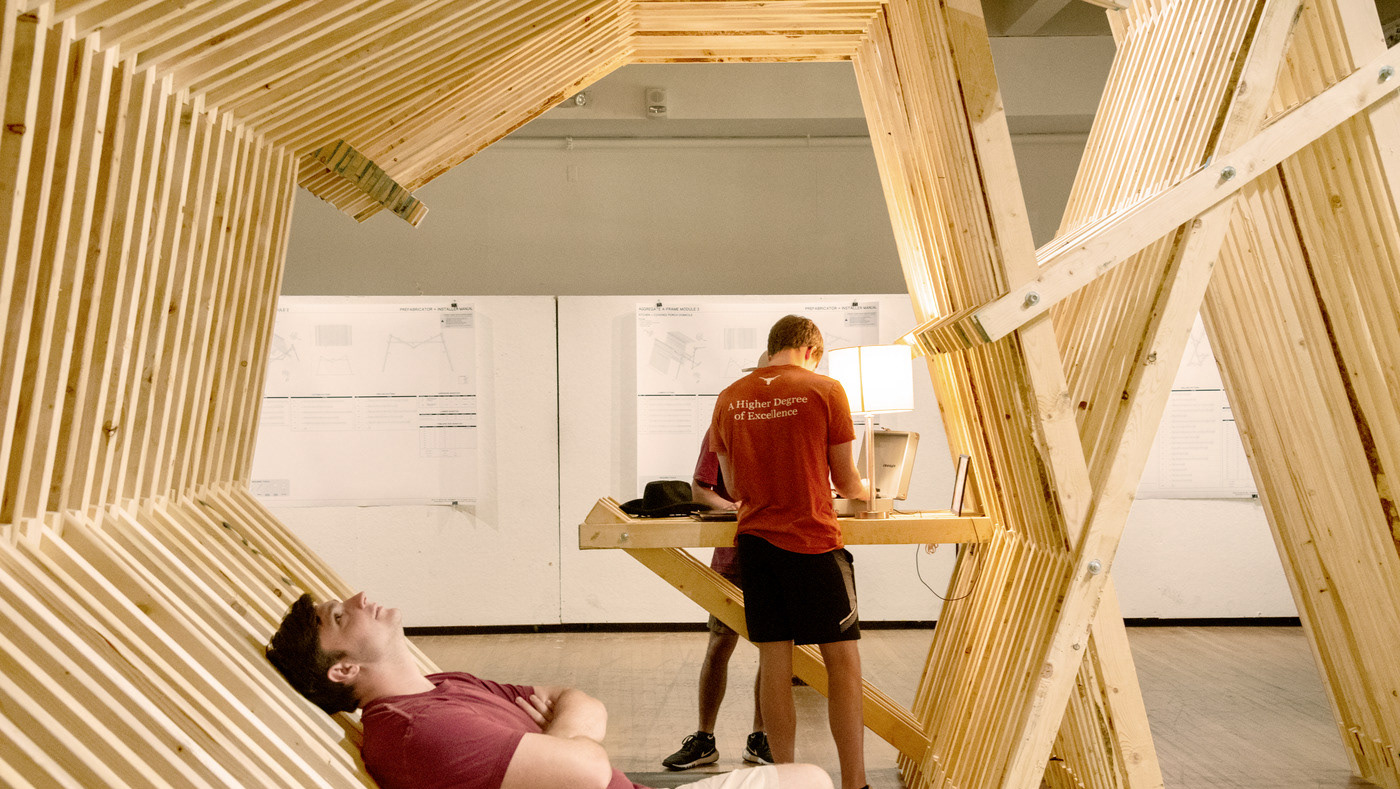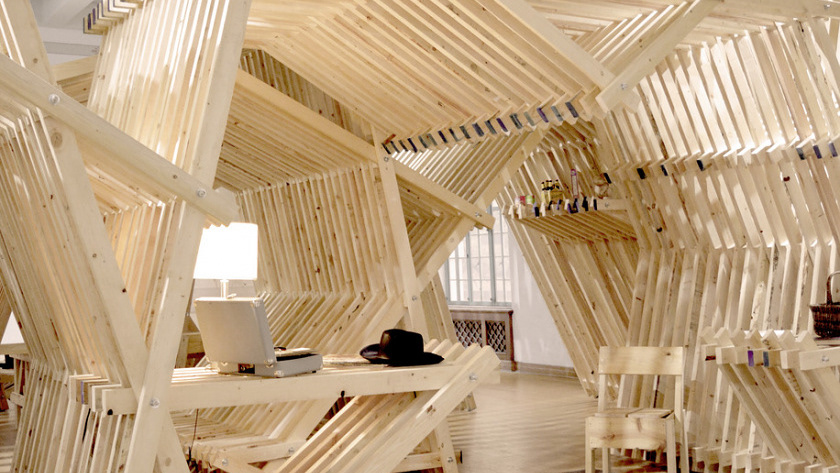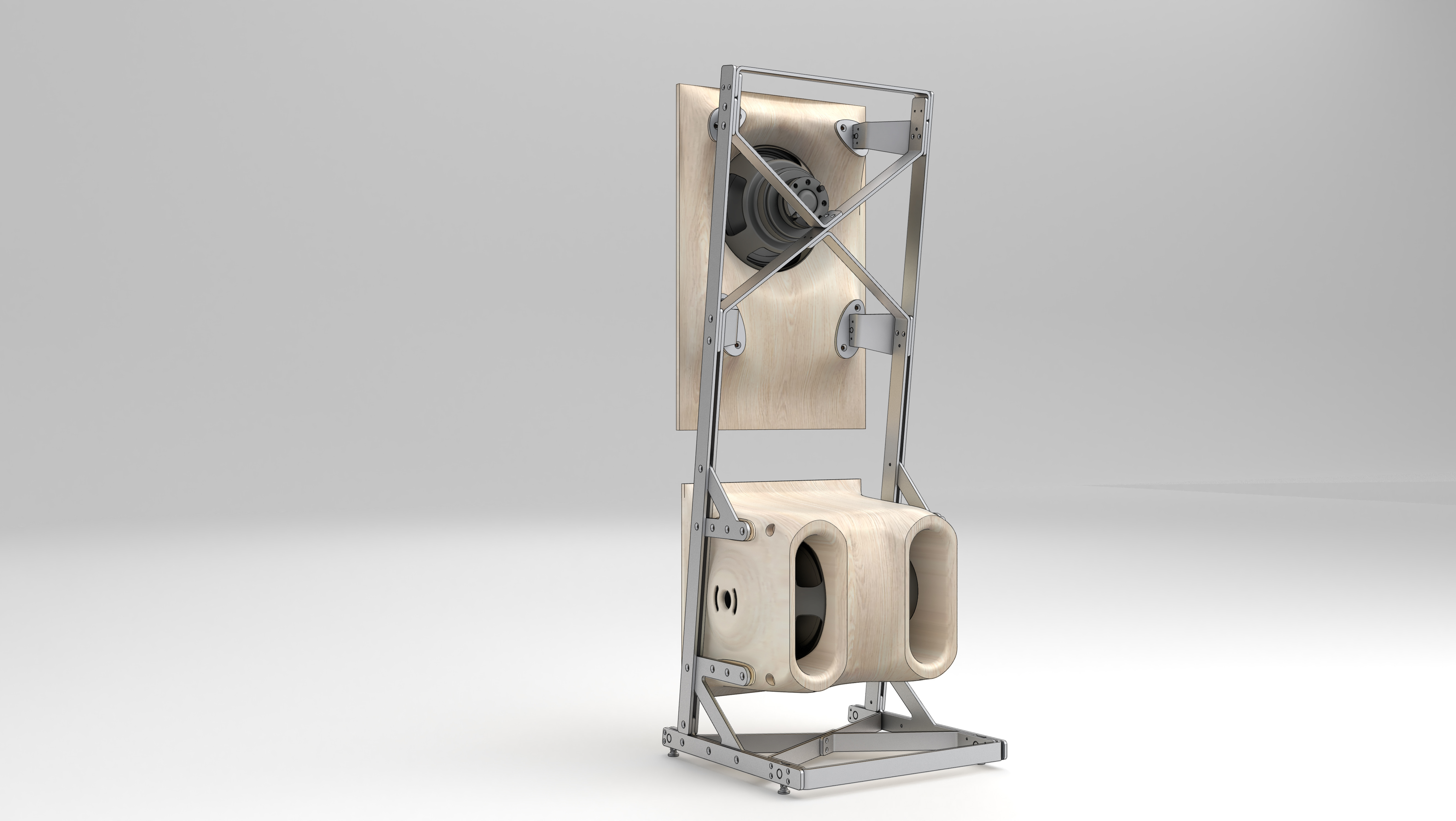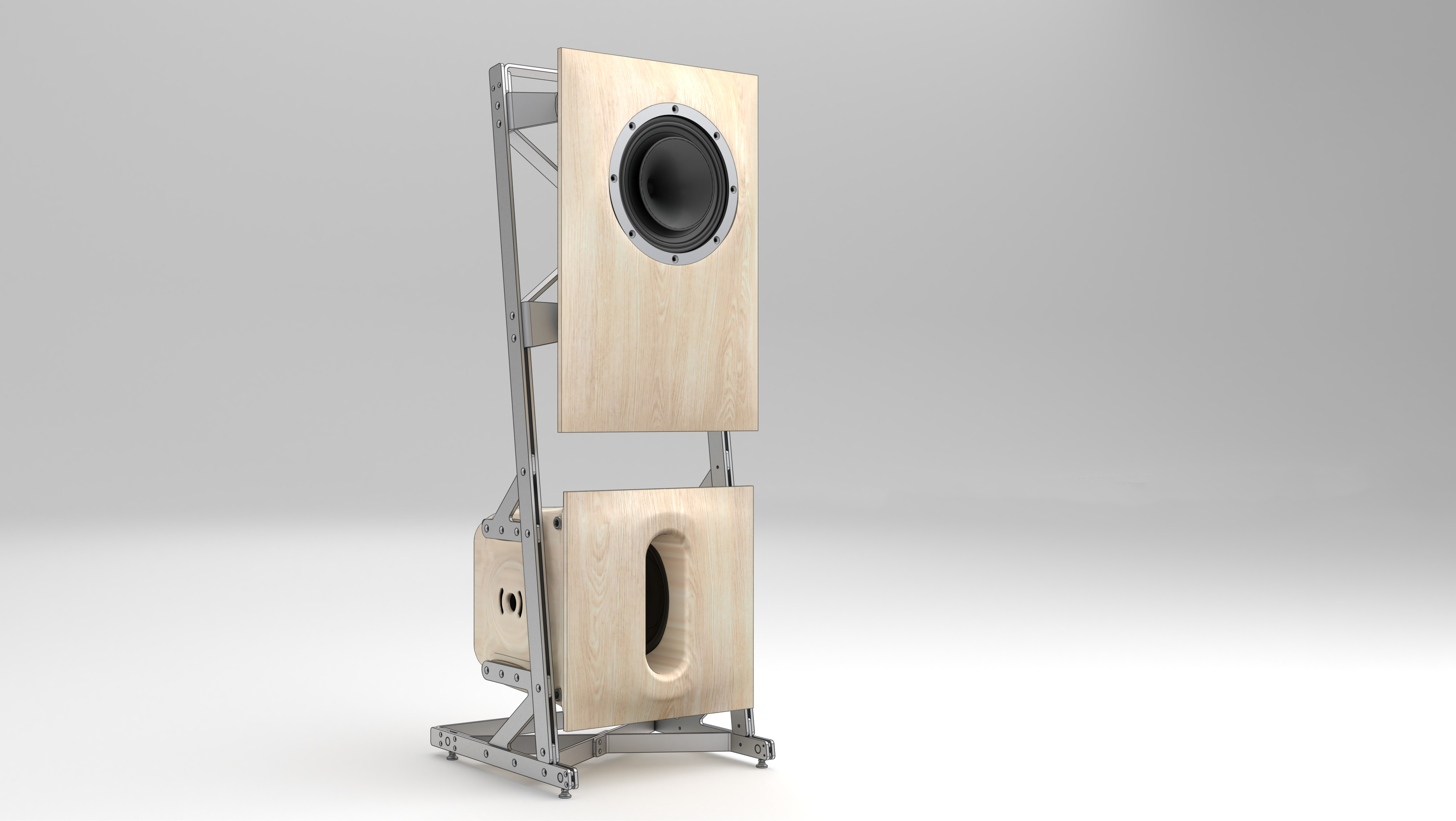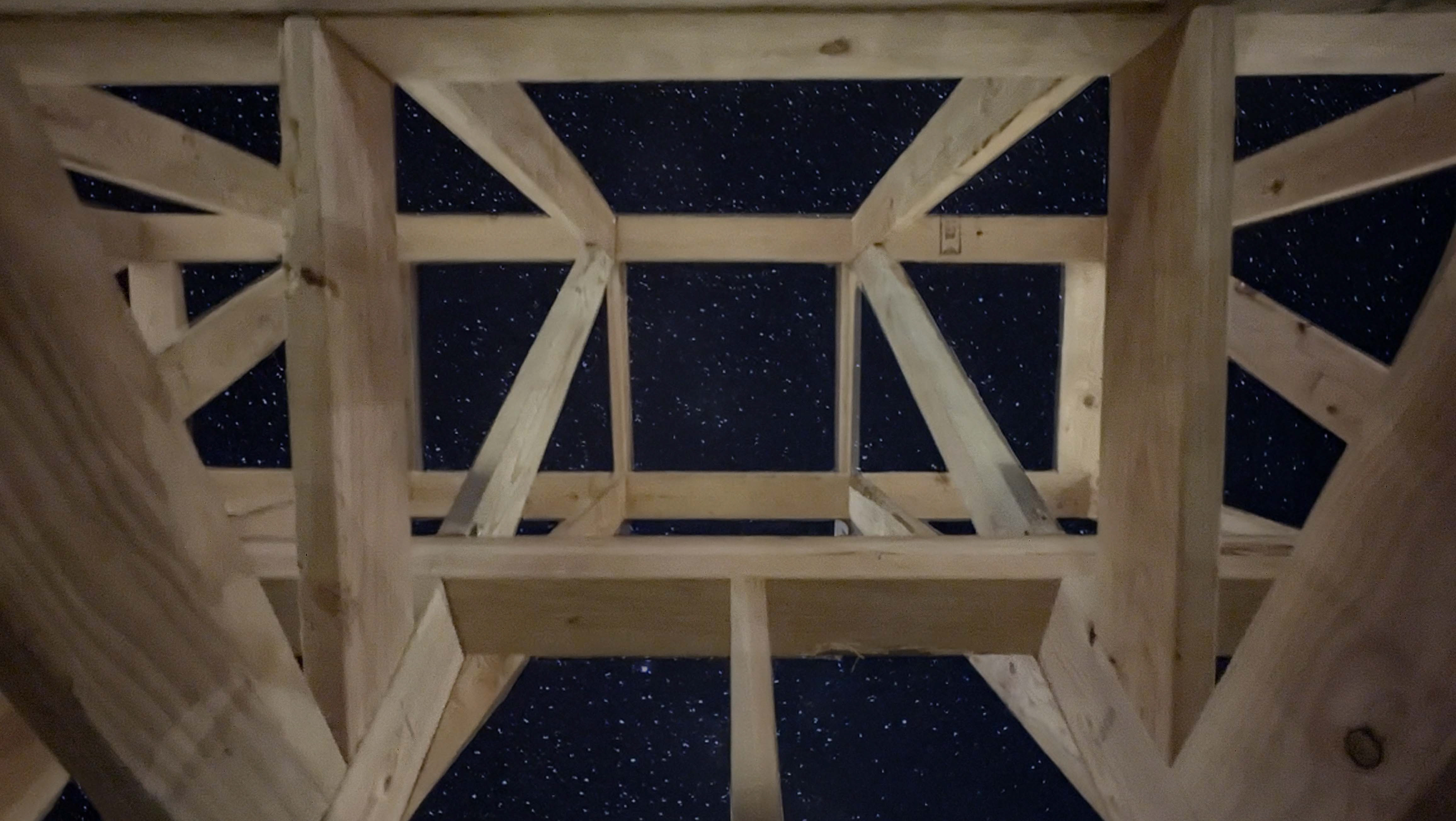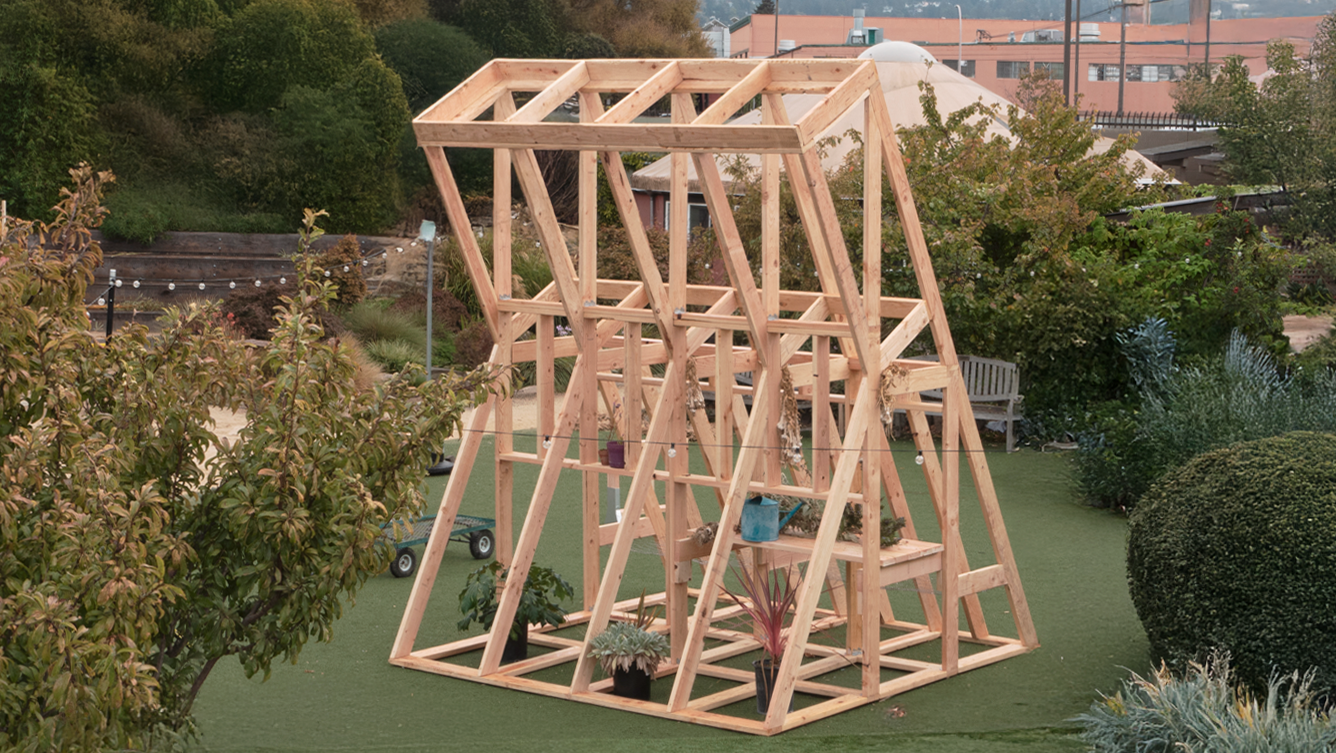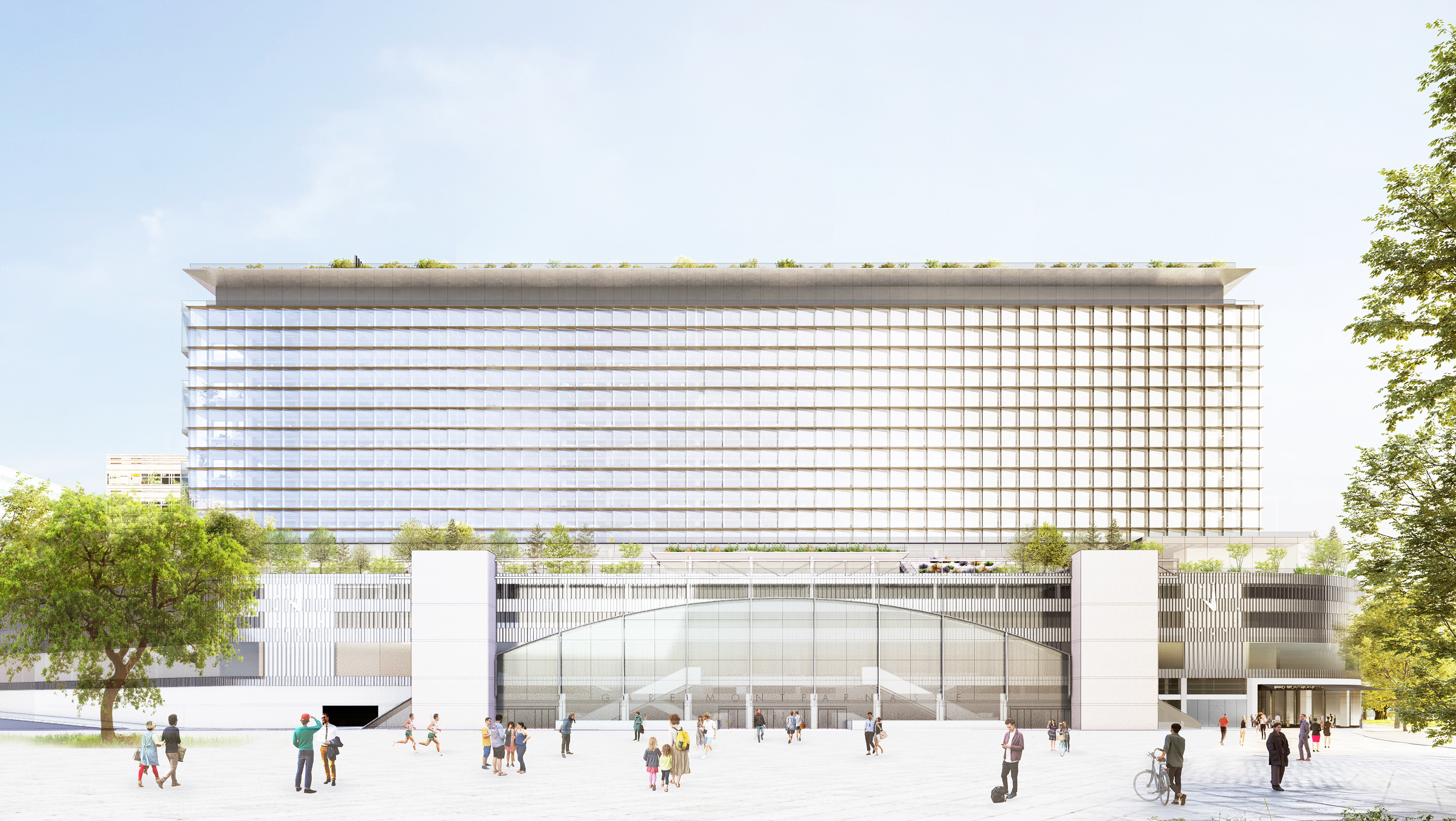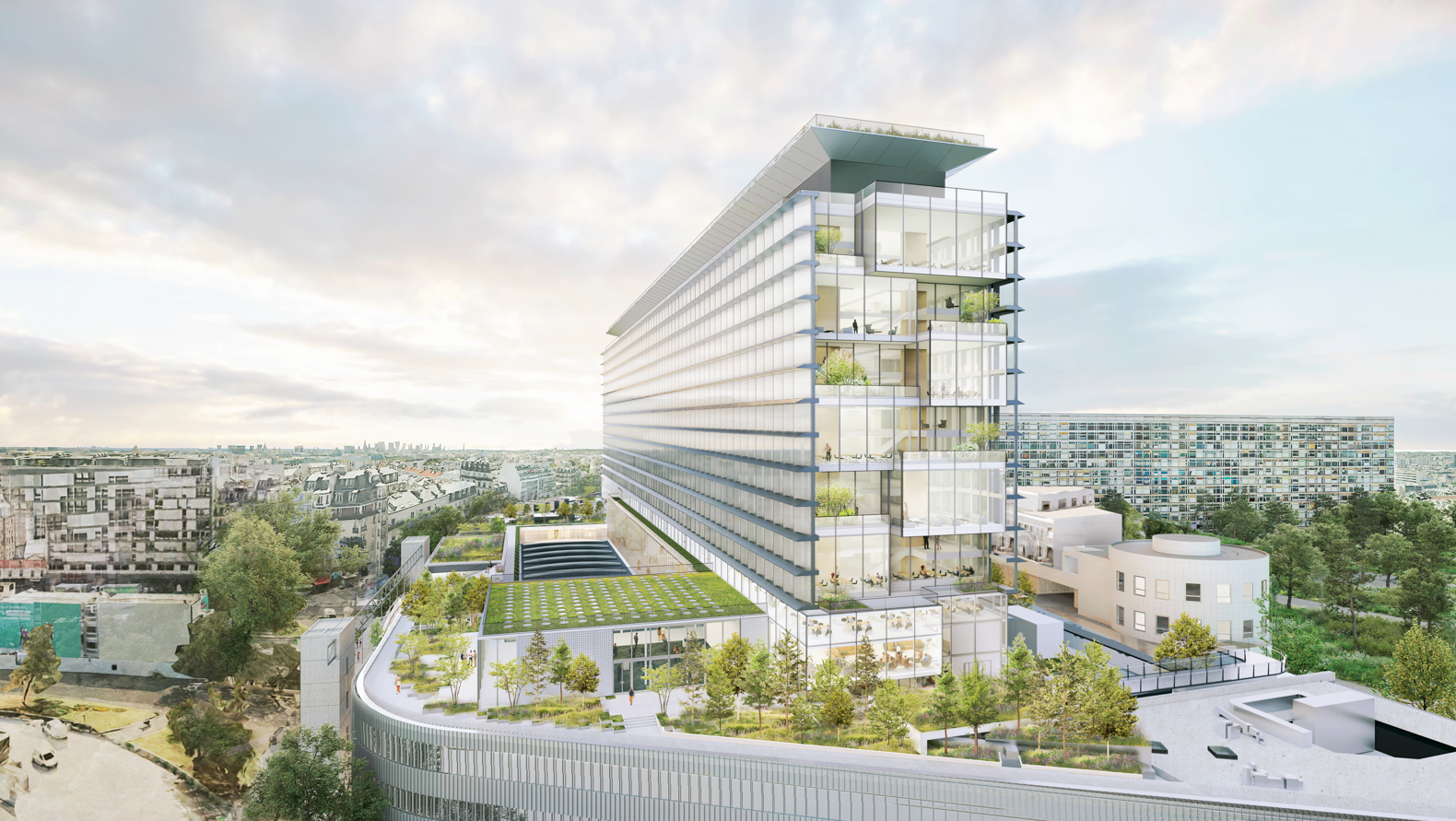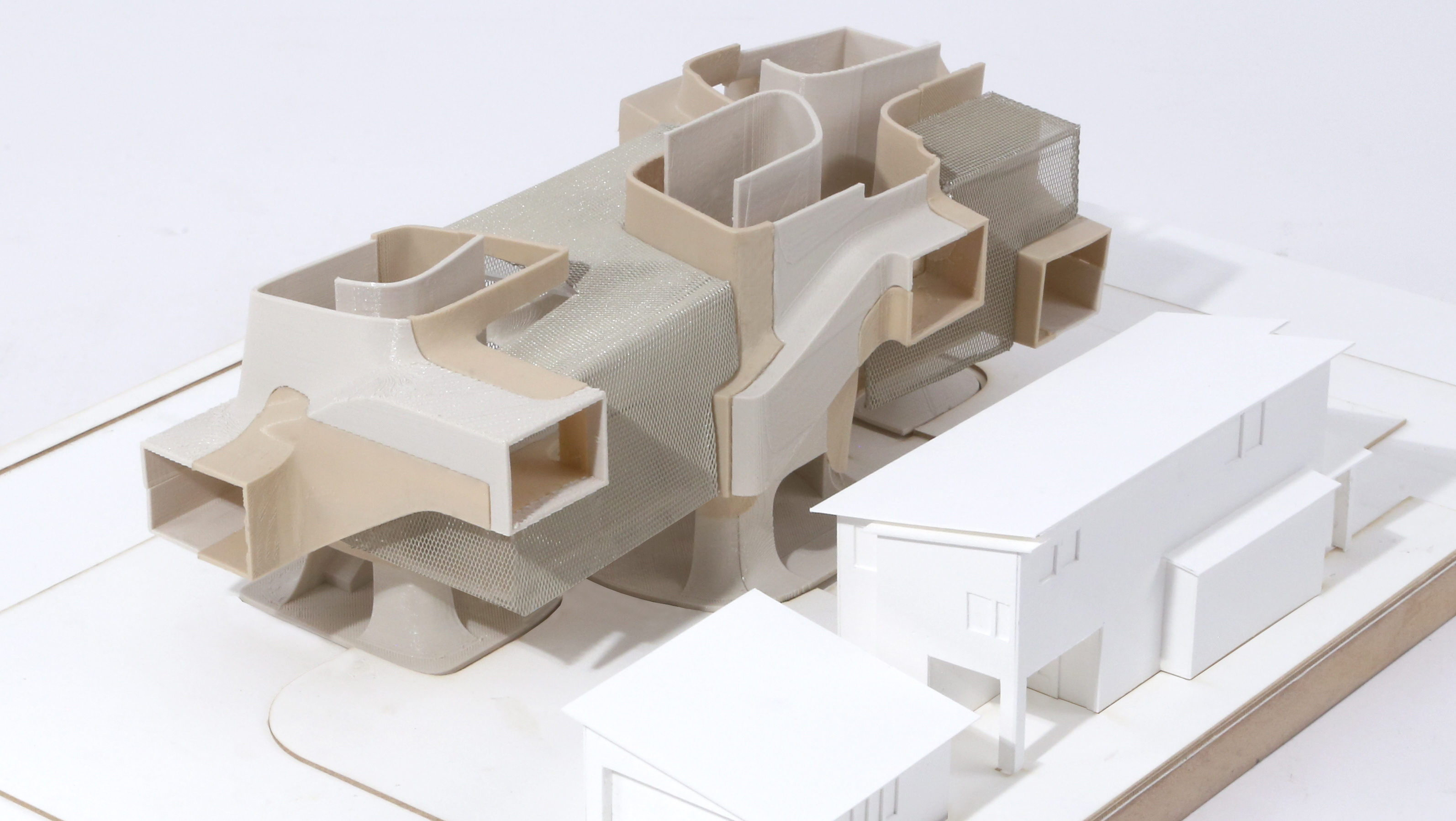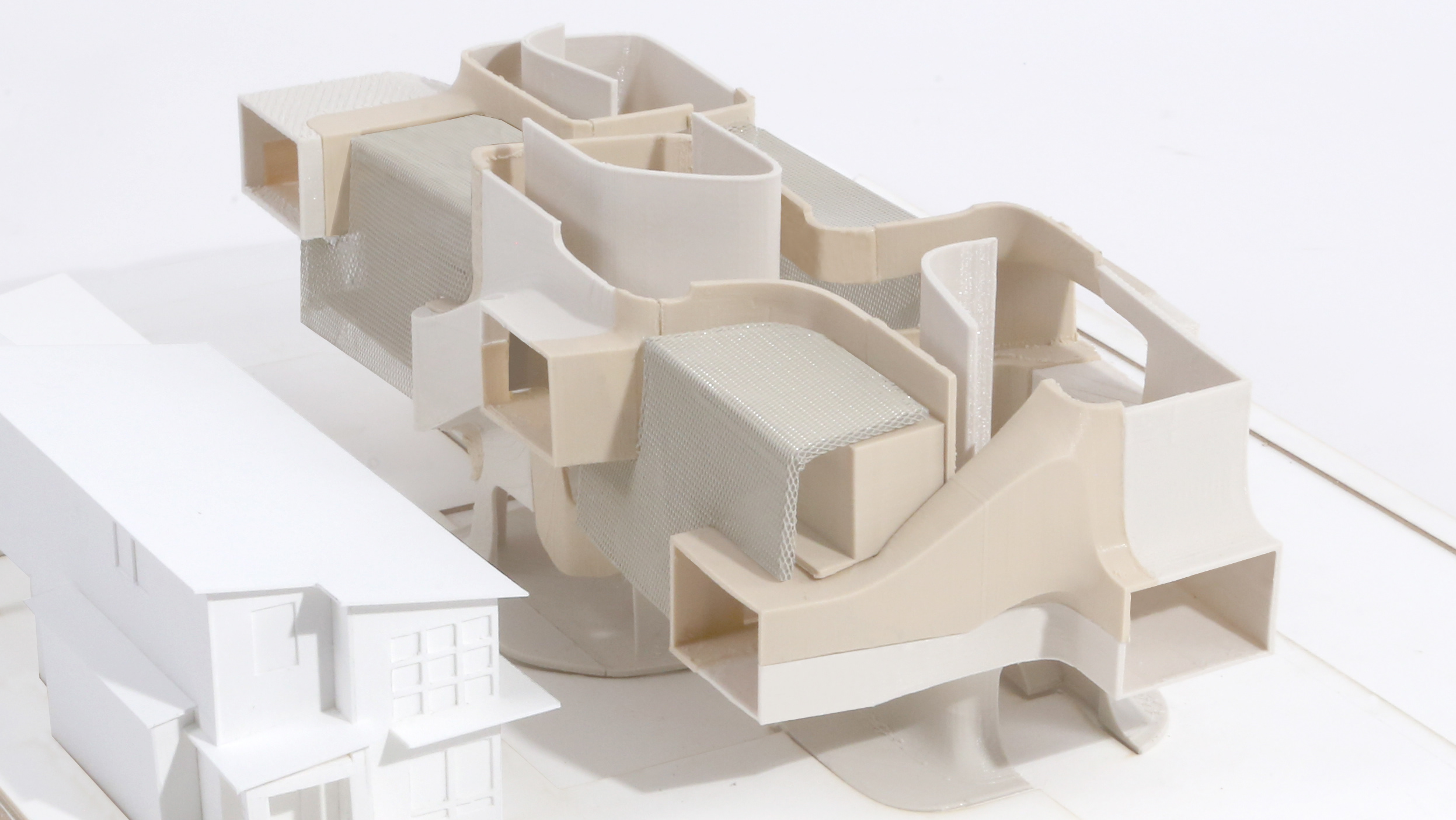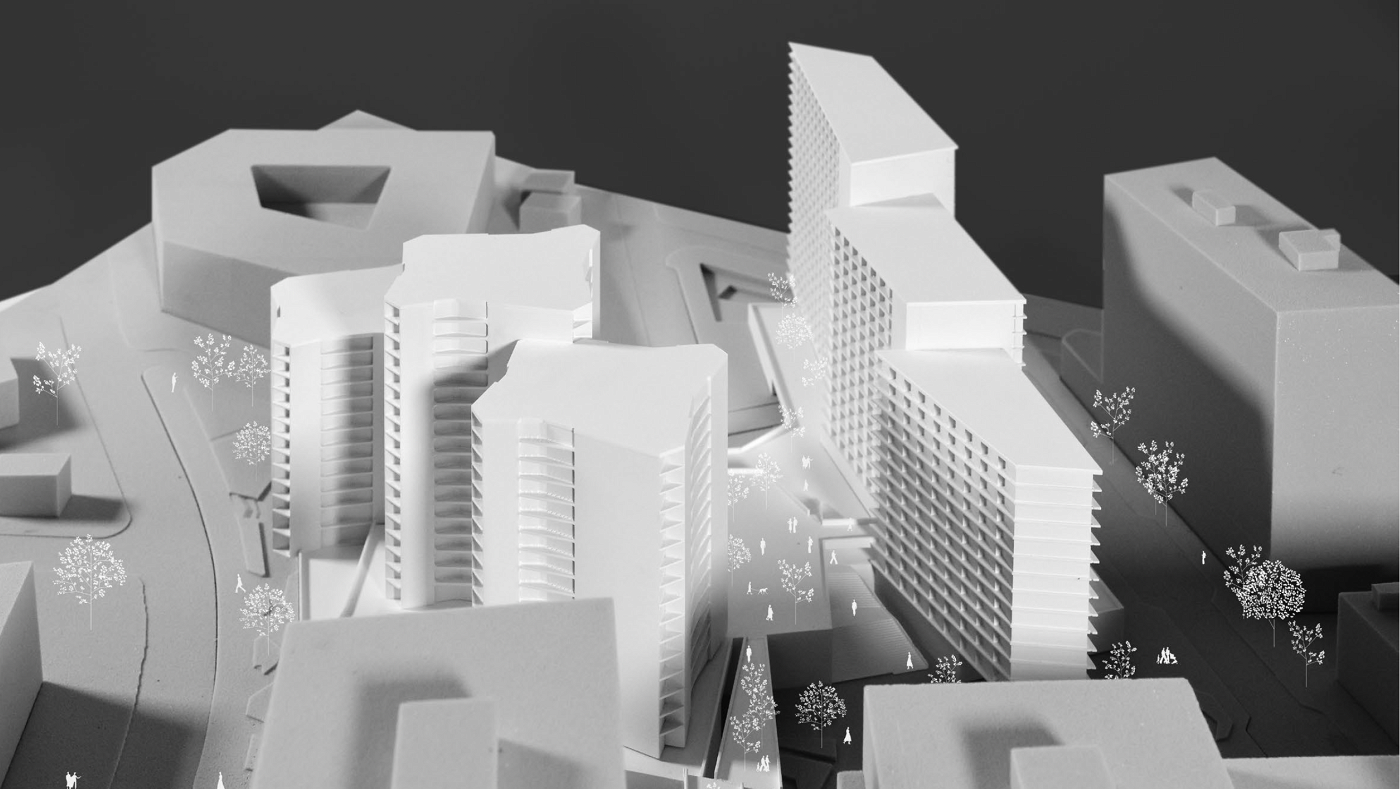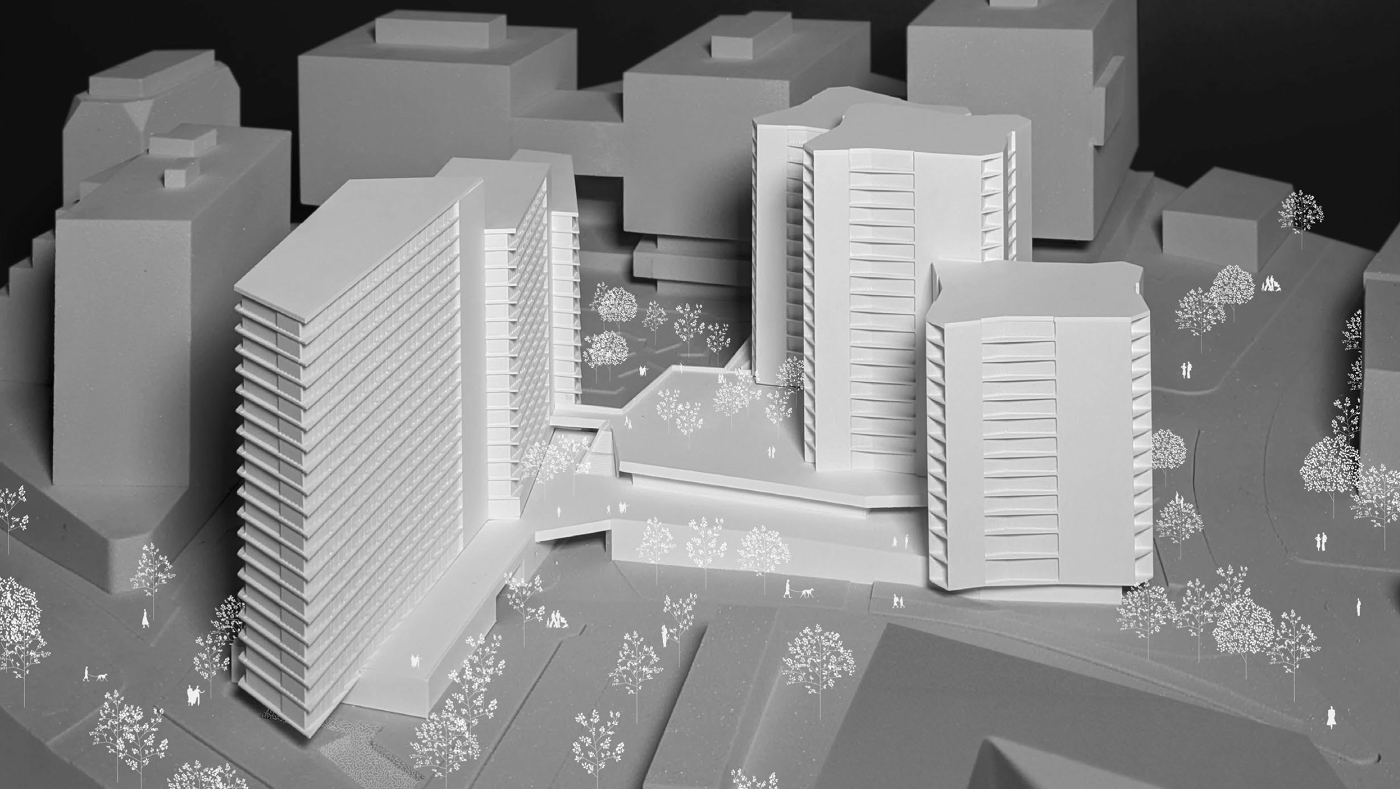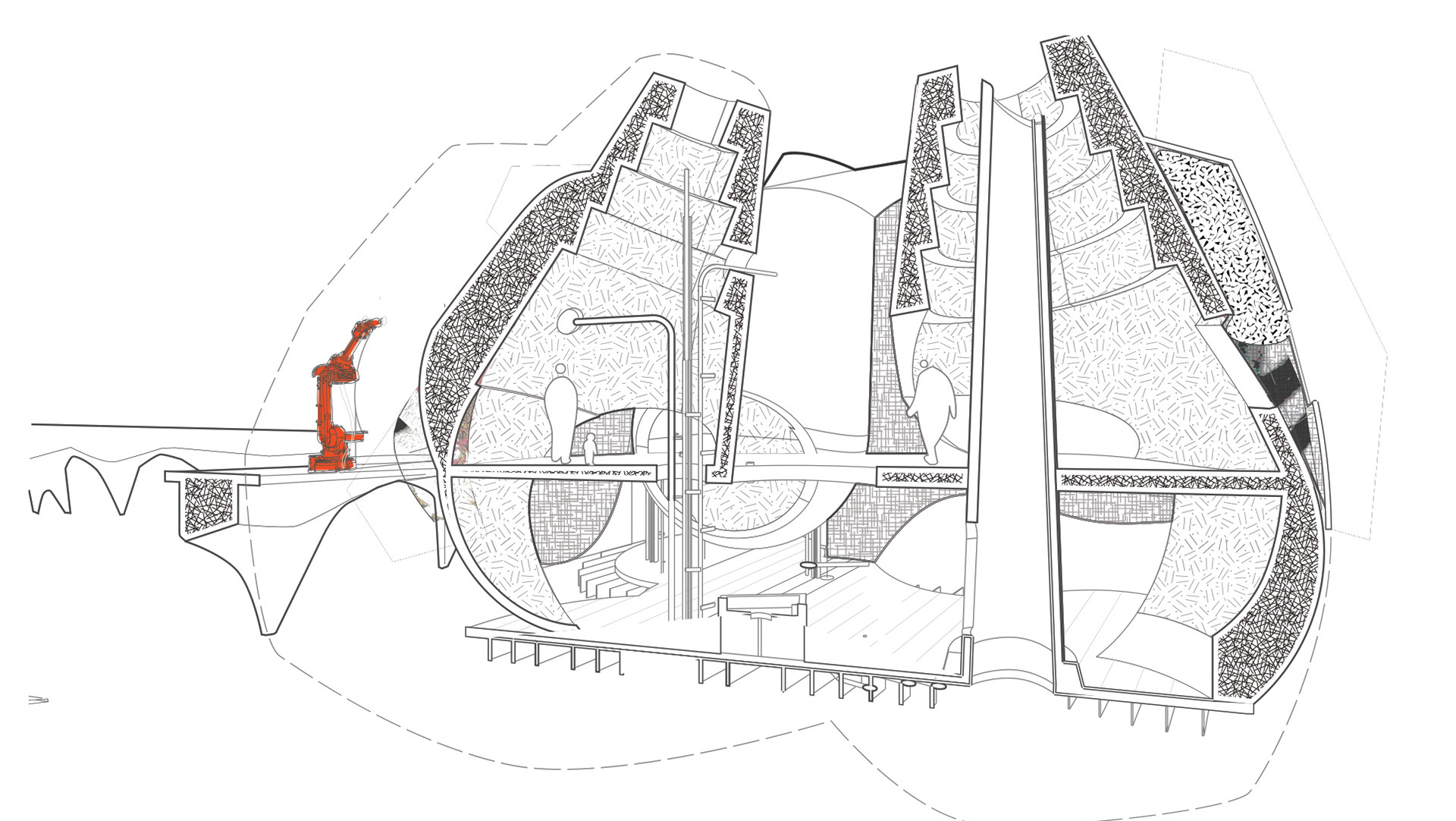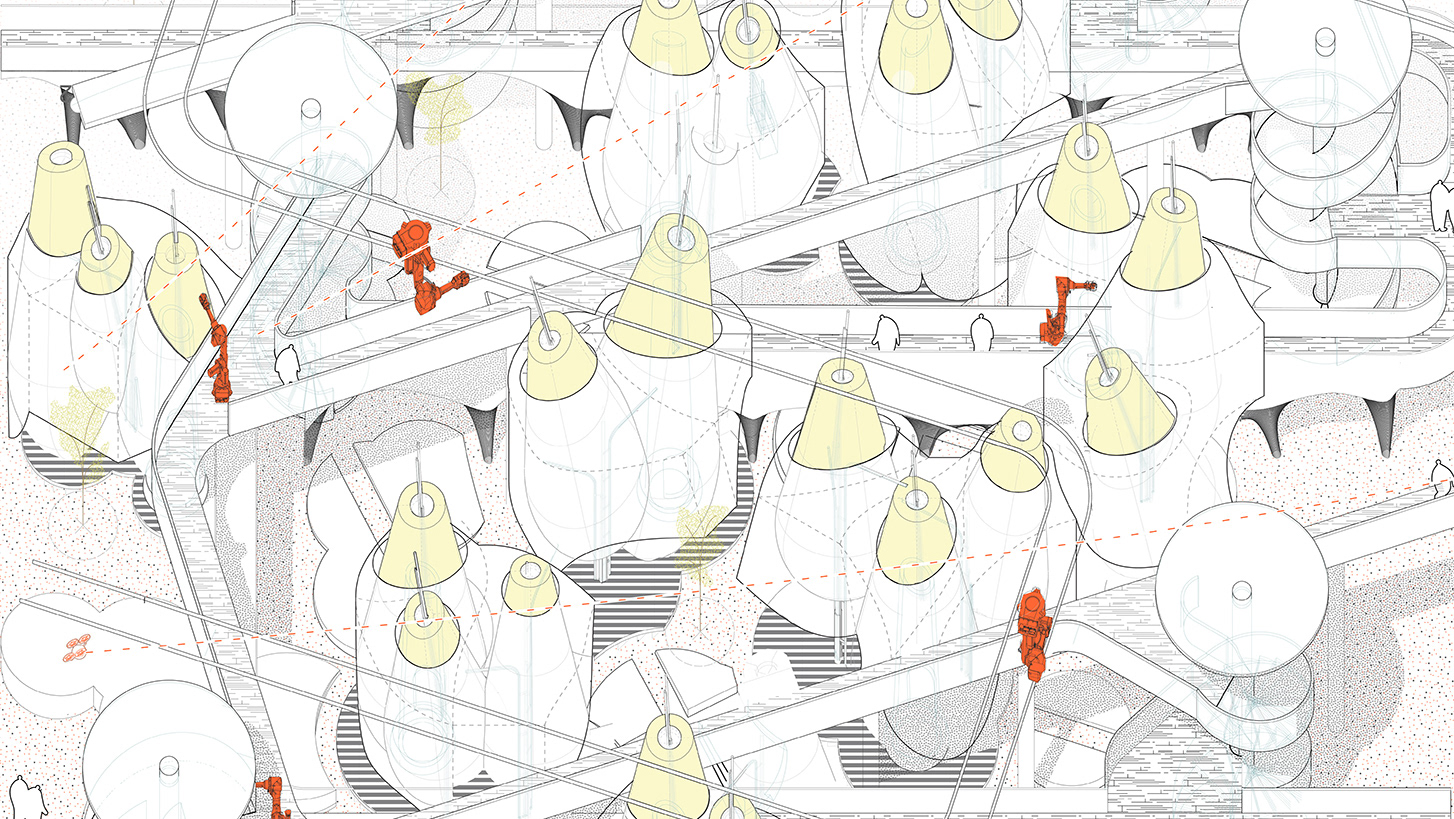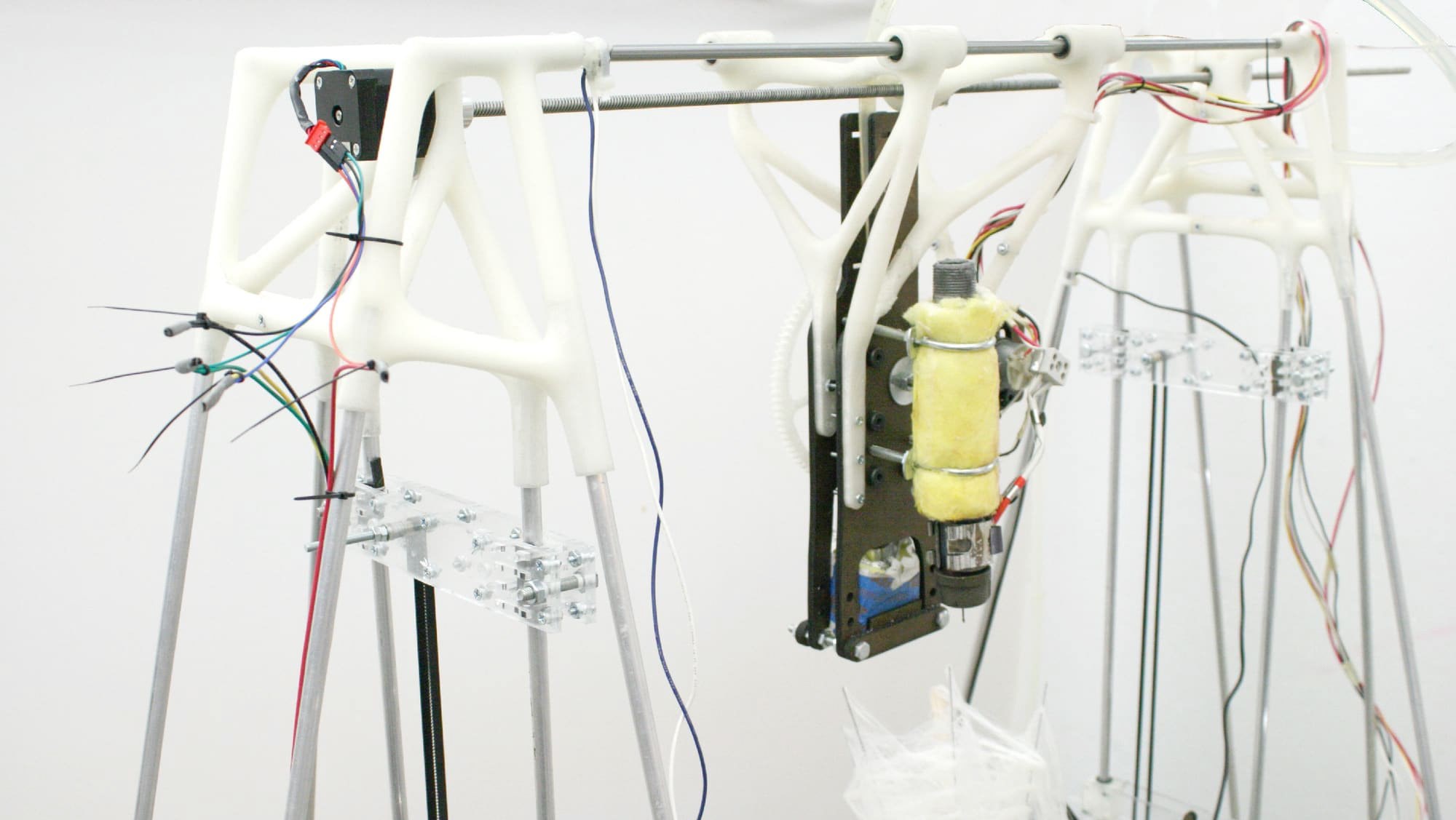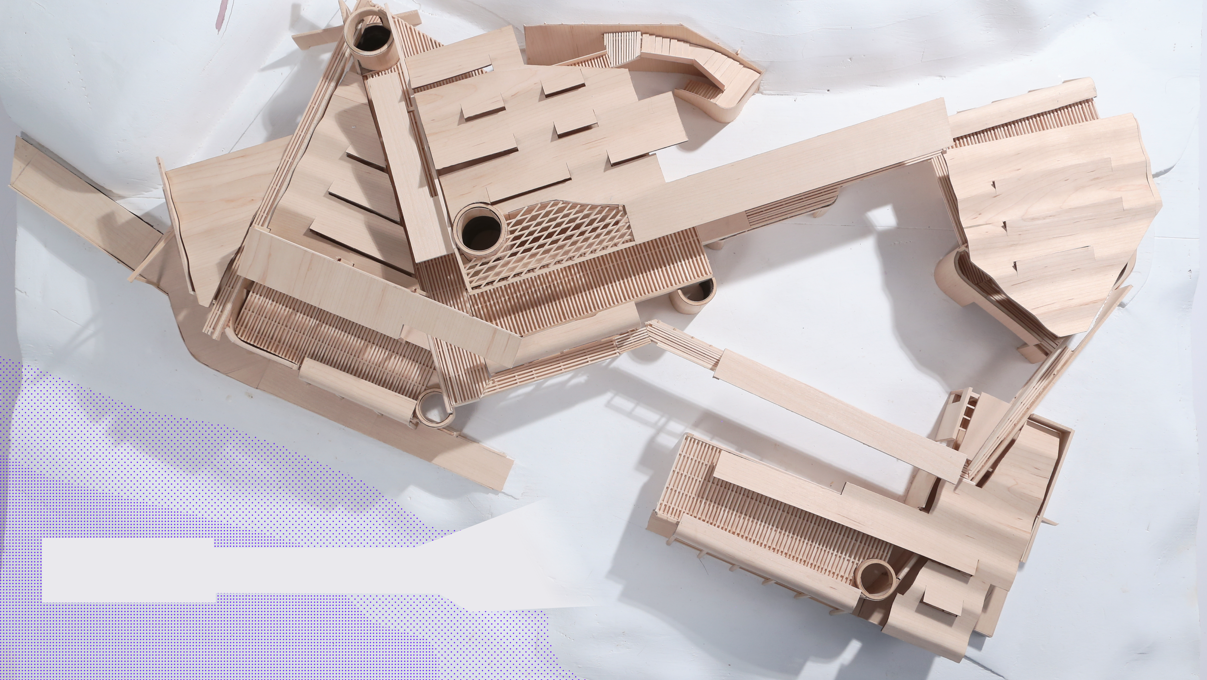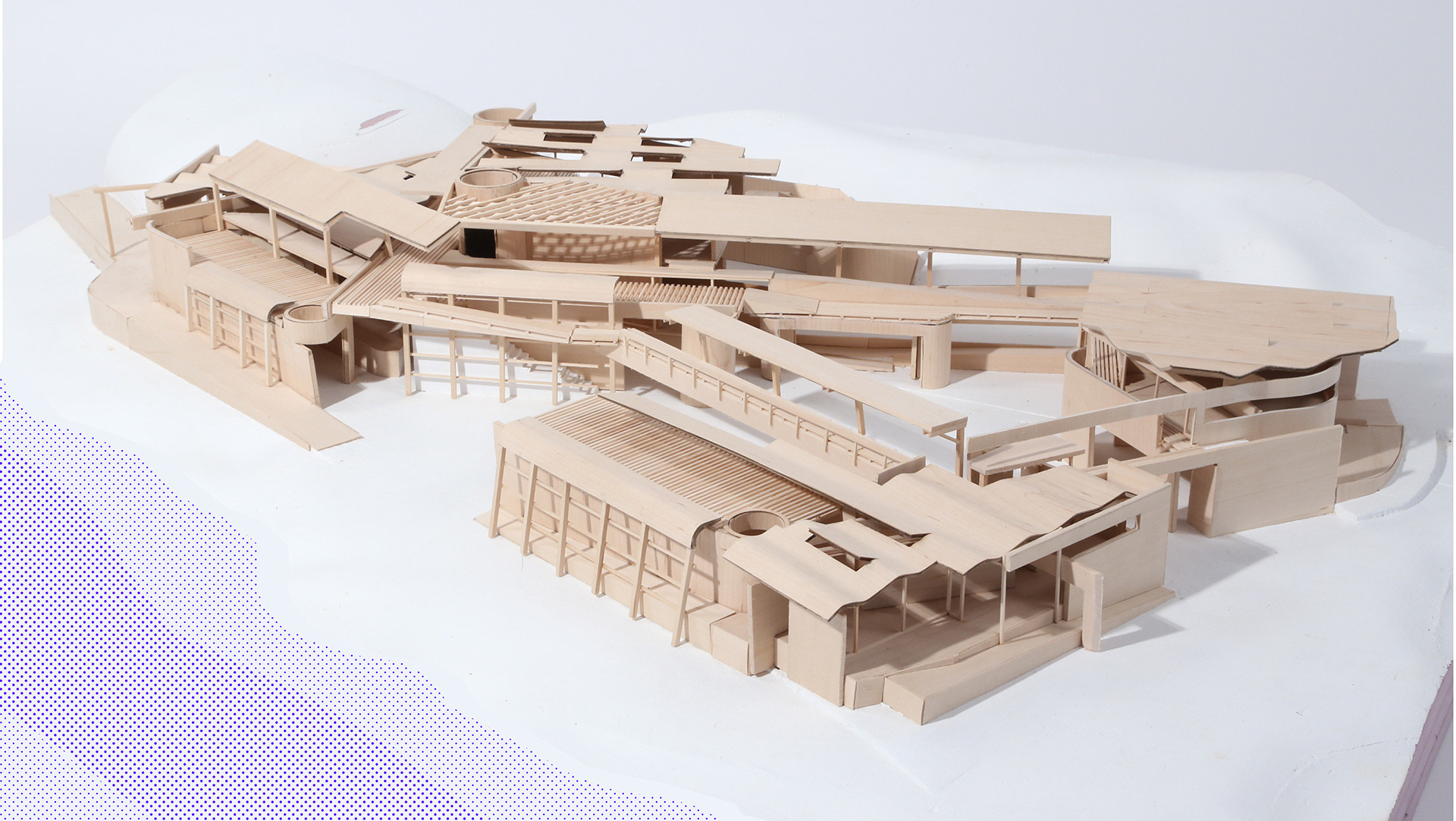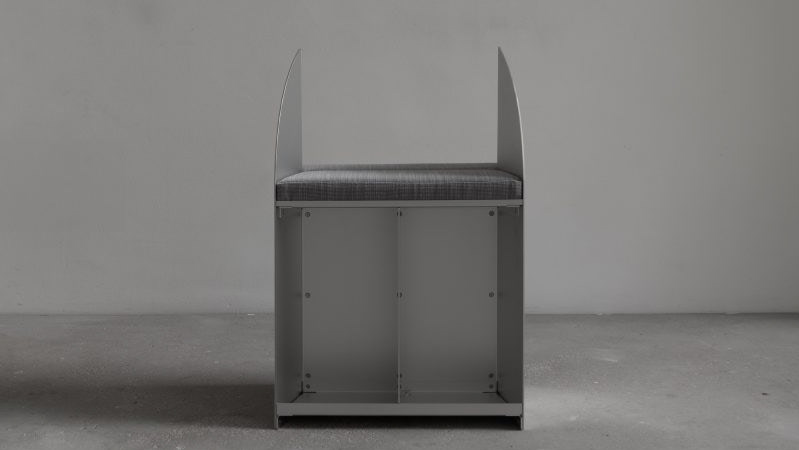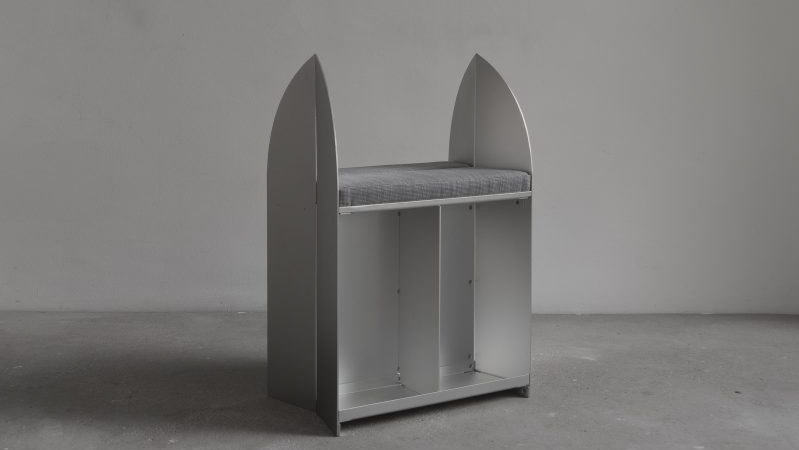Date: 2017 - 2018
Collaborator: Bryce Taylor
Critics: Cathryn Dwyre, Lawrence Blough
Model Images: Mayer Chalom
Honors:
Recipient of the 'Lee & Norman Rosenfeld Award' for Best Thesis Project
Michael Hollander Drawing Excellence Award (MHDEA)
Aerial Drawing of Las Vegas Suburb
Photogrammetric Point Cloud of Las Vegas Suburb
Two Versions of the World at Once:
The computer vision systems that survey, catalog and archive the world around us are services that render two versions of the world at once. There is now the physical space that we occupy and the digital rendition of that space that we, increasingly more frequently, also occupy. The urban landscape is mediated by handheld cartographic instruments that help us navigate through transportation systems, call upon networks of drivers, occupy strangers homes, or find potential lovers. The digital interface for social exchange and monetary transactions has radically shifted how we act and consume. In the negotiation between the built environment and the variety of computer vision systems that move through it, there is a margin of error that architecture has the potential to occupy.
Image Culture & The Right to Opacity
Hiding in Plane Site occupies the sparse suburban fabric within the southwest region of Las Vegas. Working from the visual and material culture established in the last 100 years of Las Vegas’s existence, this project seeks to leverage emerging computer vision systems as a way to open up a new discourse about how buildings can engage with perception. In addition, the project uses images as material, and material as image as a way to address notions of entropy and life-cycles of buildings within the Las Vegas valley.
Hiding in Plane Site occupies the sparse suburban fabric within the southwest region of Las Vegas. Working from the visual and material culture established in the last 100 years of Las Vegas’s existence, this project seeks to leverage emerging computer vision systems as a way to open up a new discourse about how buildings can engage with perception. In addition, the project uses images as material, and material as image as a way to address notions of entropy and life-cycles of buildings within the Las Vegas valley.
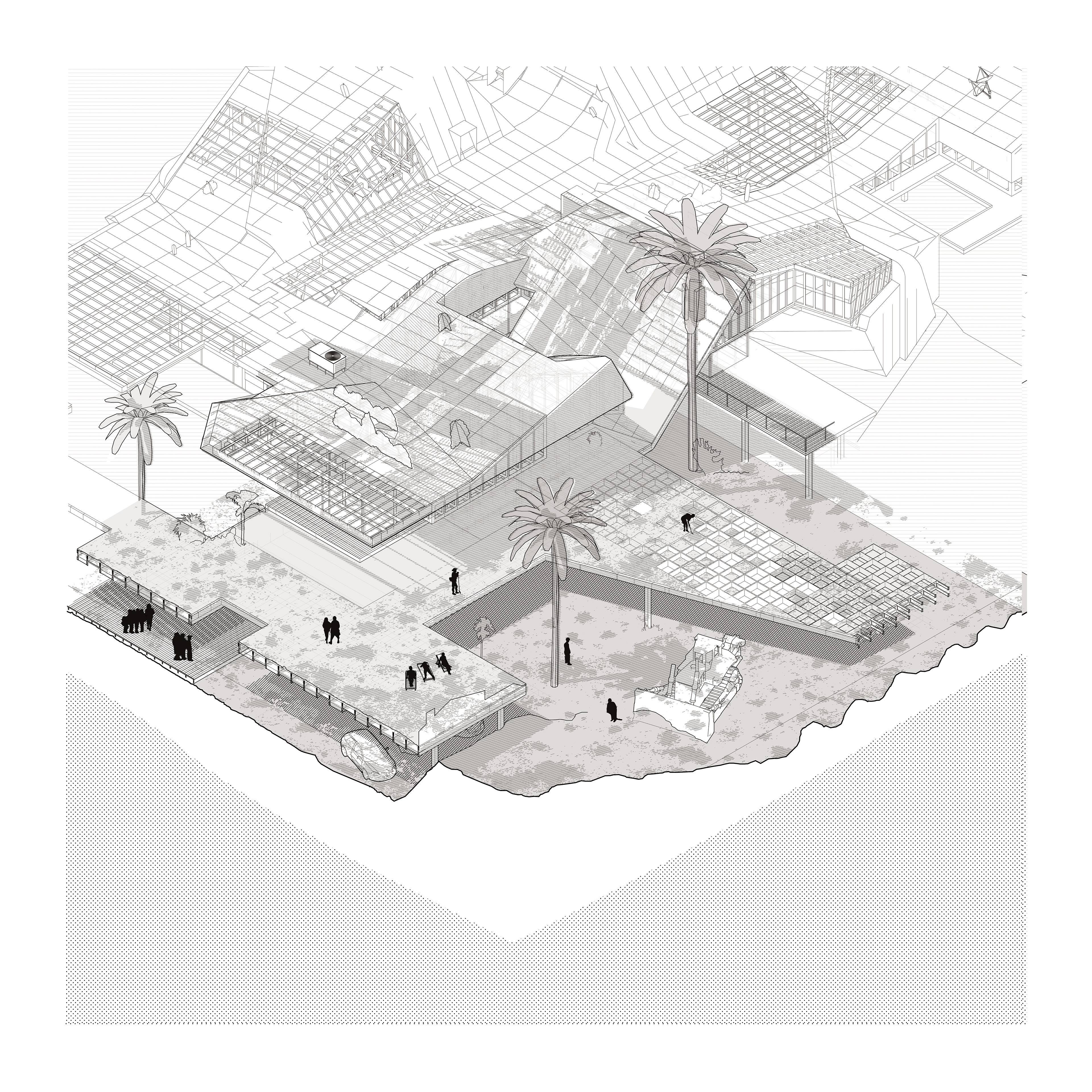


Perspective Section of Camouflage Suburbia
Interior Unrolled Point Cloud
Interior Unrolled Perpsective
